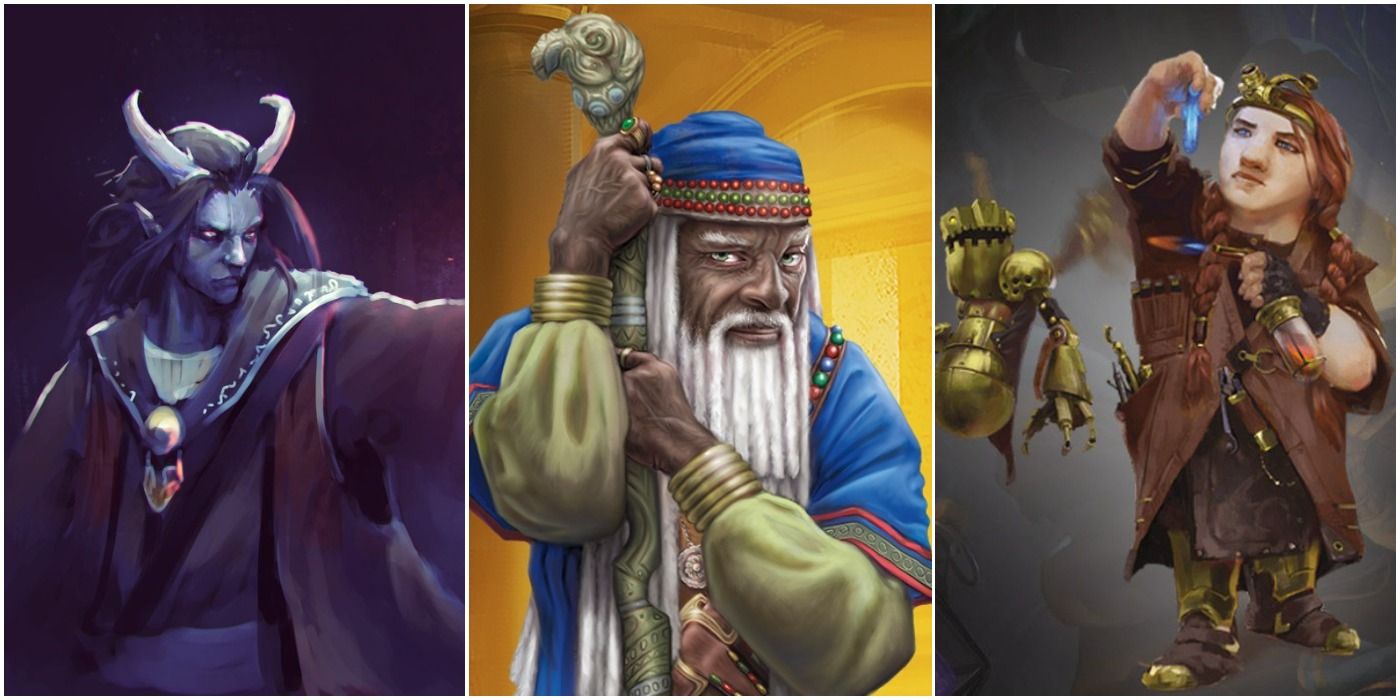
In the base version of Dungeons and Dragons: Fifth Edition, there are six casting classes: the Bard, the Cleric, the Druid, the Sorcerer, the Warlock, and the Wizard. In Eberron: Rising, a seventh major casting class was introduced: the Artificer.
RELATED: Dungeons & Dragons: 5 Must-Get Battle Master Maneuvers (& 5 To Skip)
All casting classes are not made equally, though. Some, like the Warlock and Druid, were made to be versatile, while the Sorcerer and Wizard can lash out huge amounts of damage at the cost of little to no defense. While they might all seem similar on the surface, the playstyle of each class is wildly different.
7 Sorcerer
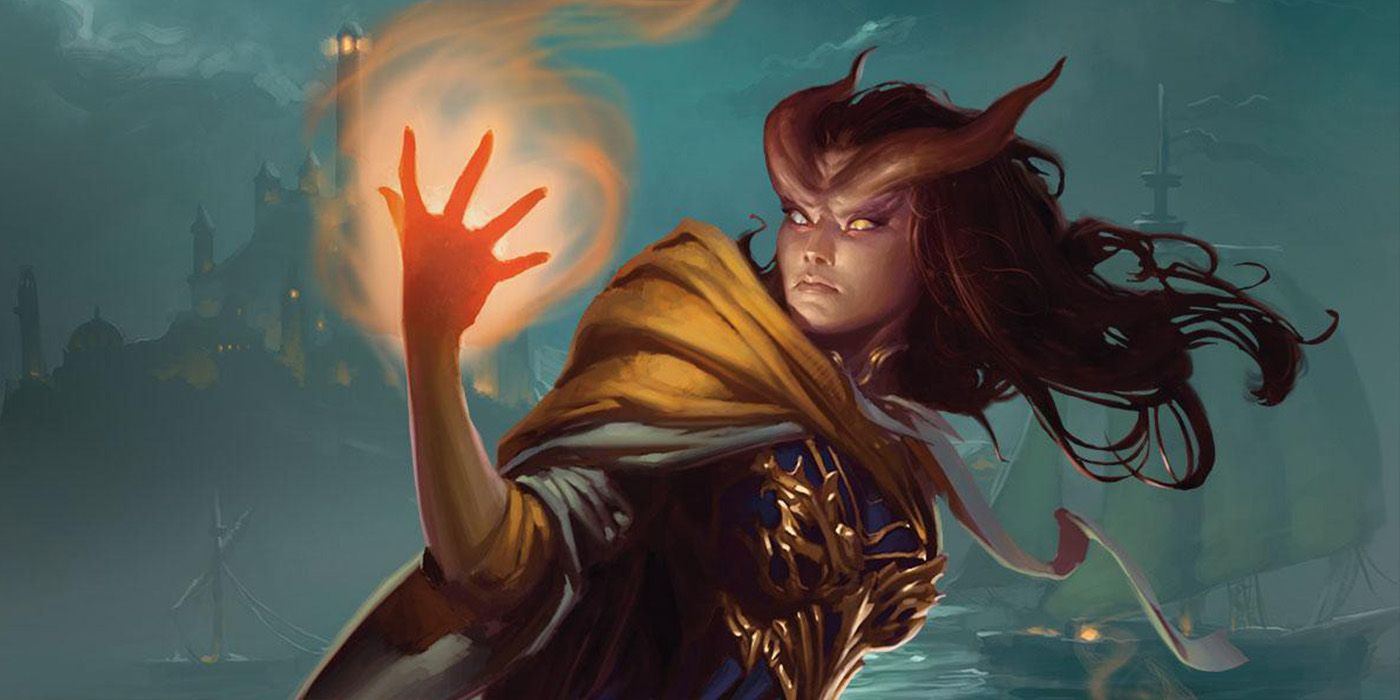
The powers of a Sorcerer have been described by some fans as being as if a person discovered that they have magical abilities, rather than studied them. According to RPGbot, a well-respected Dungeons and Dragons guide maker, the sorcerer is powerful "because they own a few good tools" rather than a variety of less powerful spells.
It's a complicated class to play, mostly due to the lack of in-combat options compared to other casters. When a Sorcerer expends themselves fully in combat, though, they truly go all out and turn enemies to dust, even if there might have been a different solution.
6 Artificer
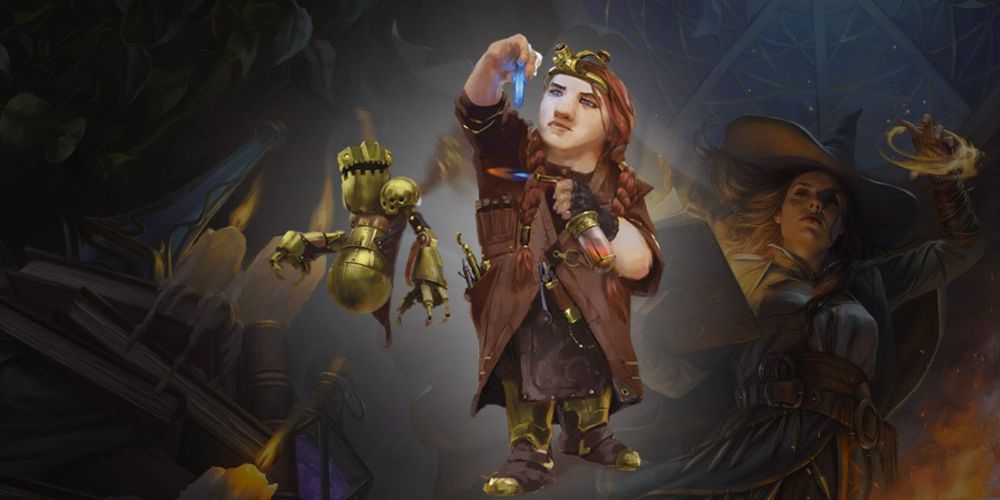
The Artificer is a new caster class introduced in the Dungeons and Dragons expanded guidebook Eberron: Rising, and is most easily described as a steampunk MacGyver class. Artificers thrive on versatility in combat and their use of magically-infused technology, but they are also the most complicated class that requires players to micromanage constantly.
Artificers are great fun to play in a world that has no knowledge of technology, and they're equally fun to play in settings like Eberron, surrounded by their own ilk. Just be aware that you'll need to keep constantly on top of your character's attunements and readied abilities to master this complex class.
5 Warlock
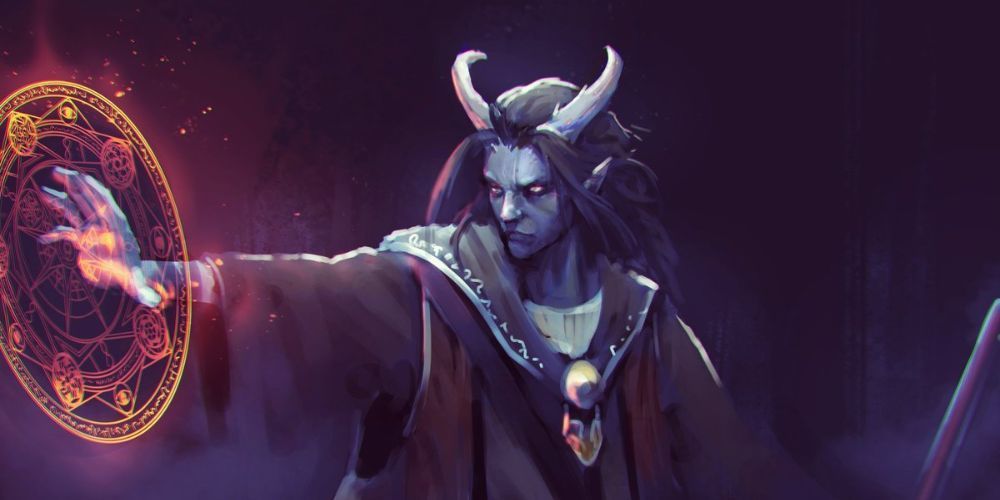
Warlocks are generally seen as the least complex casting class to play, due in part to the lack of spell slots, spell slot levels, and a choice of damaging cantrips. It's also one of the most frustrating to play because spell slots recharge with a short rest, but the Warlock has far, far fewer than other spellcasters.
RELATED: Dungeons & Dragons 5e: Best Warlock Builds
One of the major benefits of choosing a Warlock is the diversity of the class' choices later on down the line. No two playthroughs with a Warlock are quite the same, provided the player chooses different pacts on each character, but it is definitely a beginner class in terms of difficulty.
4 Bard
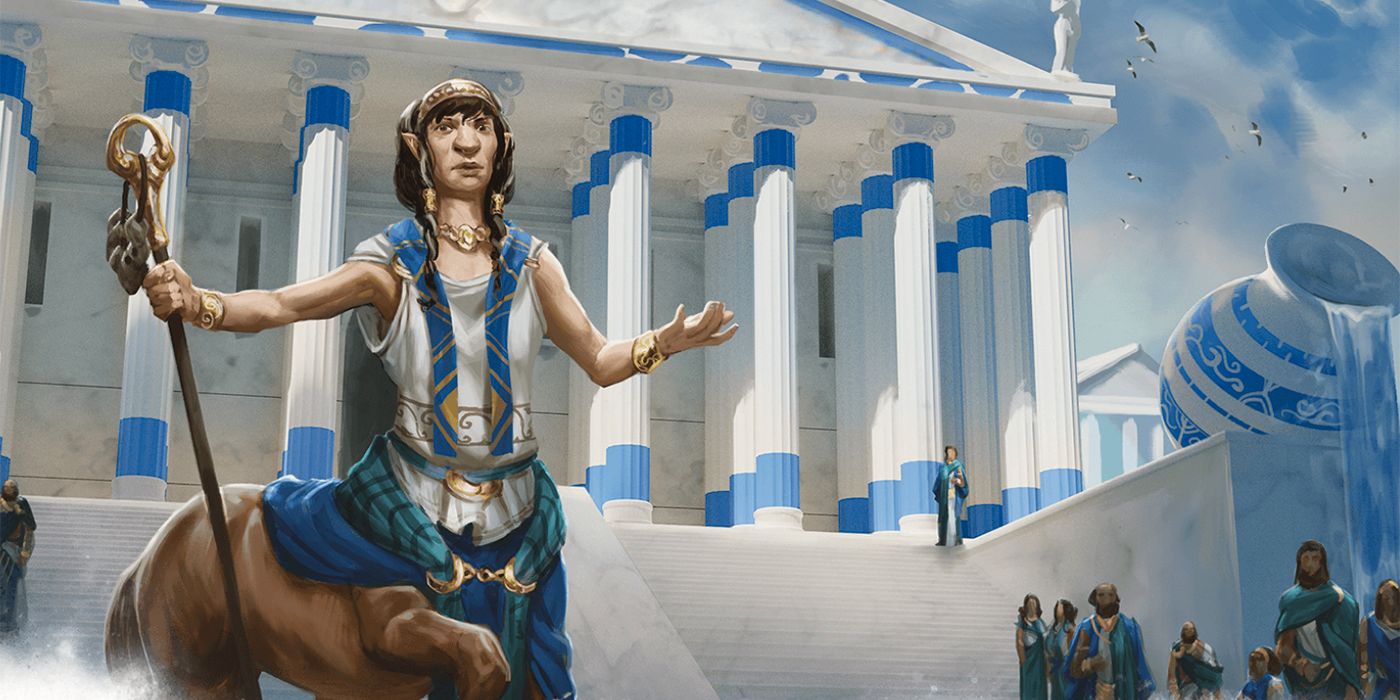
The Bard is perhaps the most versatile class in all of Dungeons and Dragons, thanks to its ability to fit into just about any party role depending on the Bard's chosen College. The College of Eloquence, for example, just enhances the Bard's innate abilities, whereas the College of Swords turns them into a melee martial fighter.
The downside to playing a bard is that despite their versatility, they just aren't as powerful as classes that perform the same role. If all the central roles in a party are filled, though, the bard can be a valuable source of buffs and other support for the group.
3 Cleric
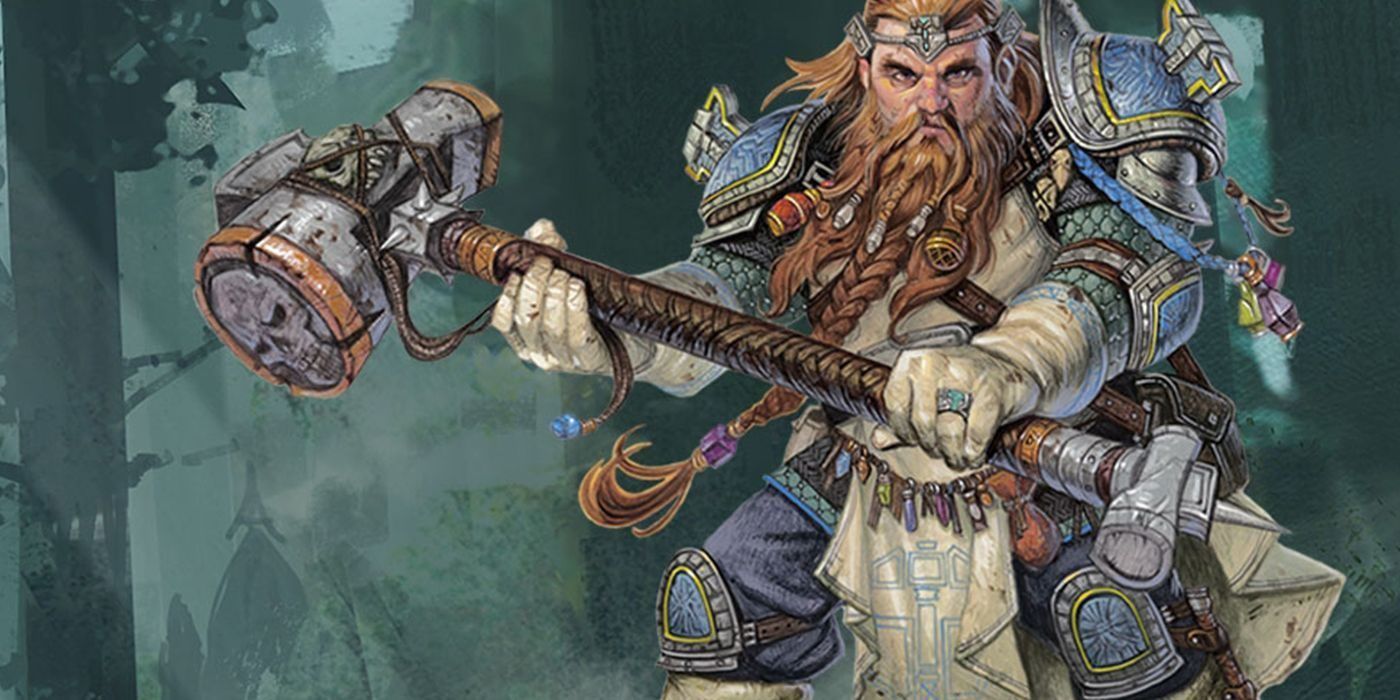
Generally, Clerics end up being the healer or support for the party, but although the class does lean towards those roles, players aren't bound by them. The choice of Domain that the cleric makes is integral to its role in the party – an Arcana Domain Cleric is equivalent to a Wizard, while a Peace Domain Cleric leans towards traditional healing and support abilities.
RELATED: Dungeons & Dragons: The Best Weapons For Clerics (& Where They're Usually Found)
Though they have some versatility, players mostly agree that no class is as effective at healing as the Cleric. It's not a class that's locked into its traditional role necessarily, but if a player chooses a cleric and doesn't want to take advantage of the class' great support abilities, other party members might get resentful.
2 Druid
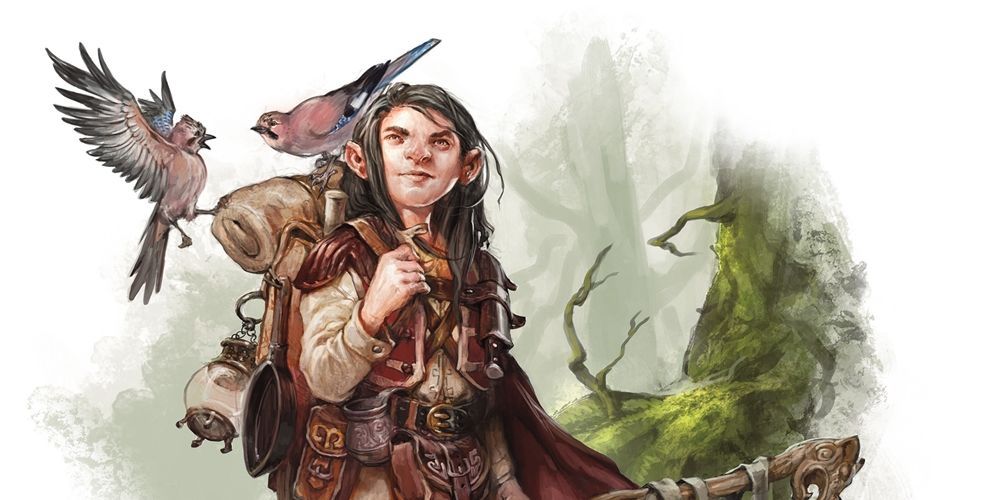
Druids are a relatively easy spellcaster to play with lots of options for variability in builds. They are also one of the strongest classes in the game, especially depending on which Circle the player chooses at level 2. Though Druids are not strictly spellcasters, they do have a number of useful spells in their toolkit.
The Circle of Spores, for example, will enable the Druid to deal poison damage, while the Circle of Dreams grants the Druid a number of casting options. Despite the ability to shift into fearsome animals, Druids are one of the weakest classes in Dungeons and Dragons, though, requiring careful planning during combat.
1 Wizard
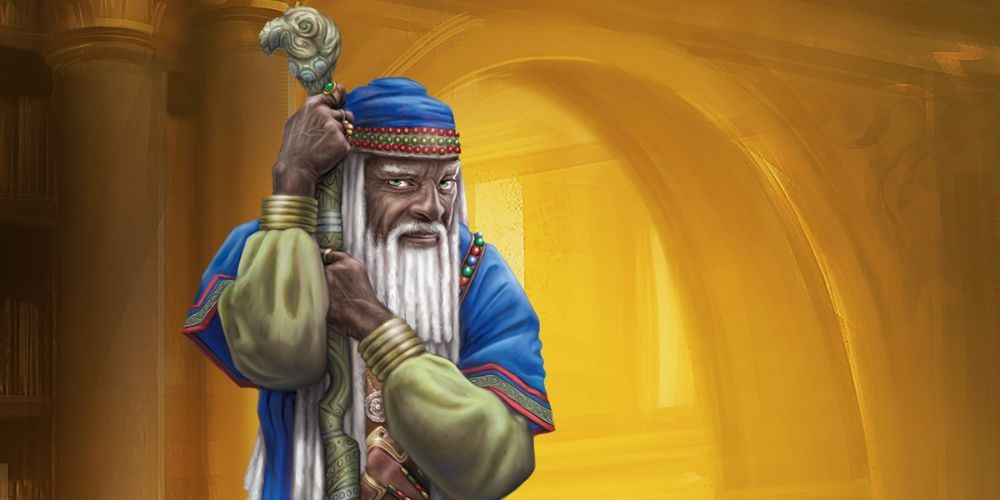
The Wizard is undoubtedly the go-to class for any player looking to try casting for the first time, and for good reason. It's arguably the most iconic class in Dungeons and Dragons, with access to a huge swathe of useful spells, and is considered by most to be the best casting class in general.
Wizards do suffer from being spongey and having a low number of spell slots each day, though. There are few ways for a Wizard to heal the party, but proper preparation can give them access to supporting, controlling, and damage-dealing spells regularly. They have more out-of-combat abilities than other classes, too, making them the all-around best caster for any campaign setting.

